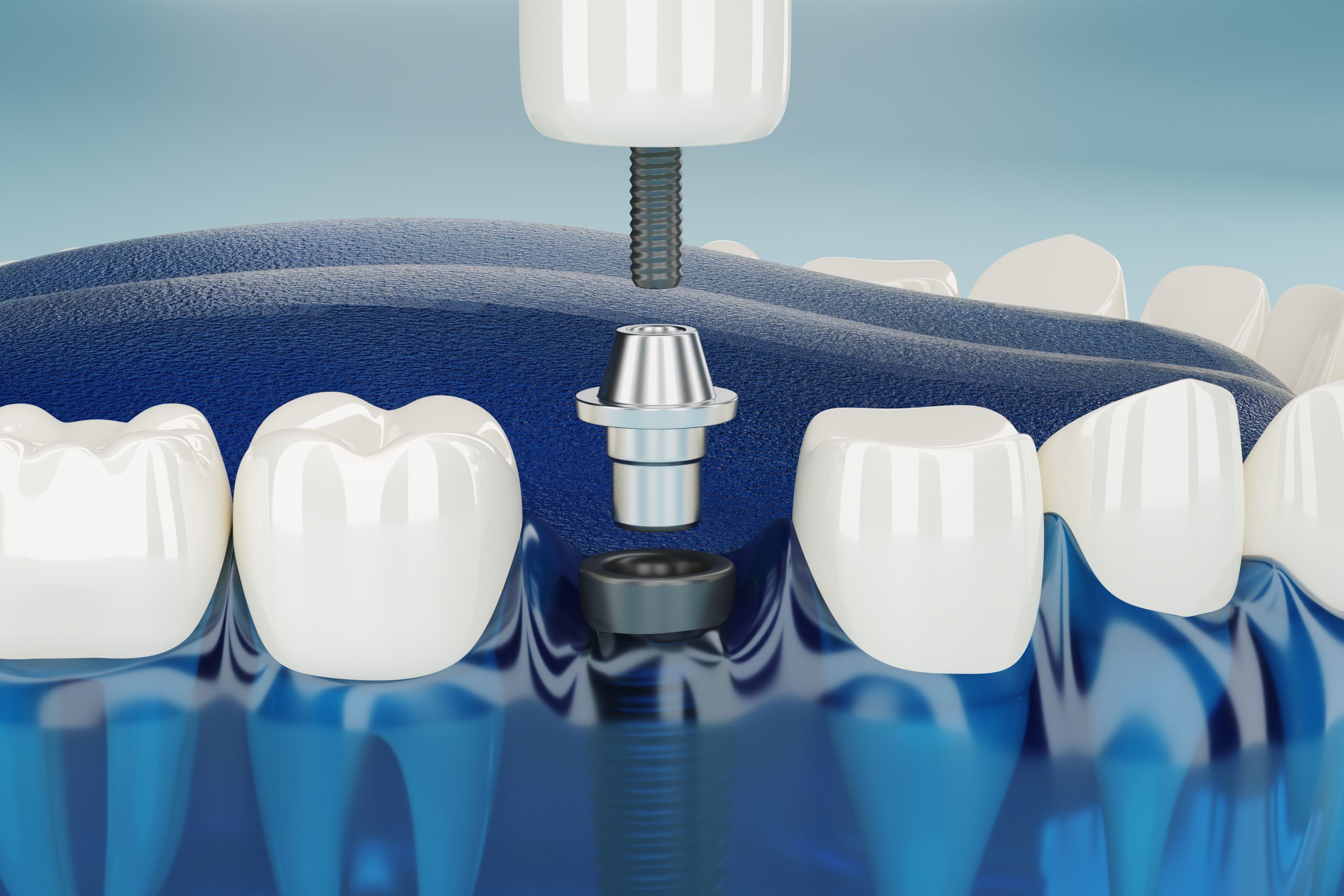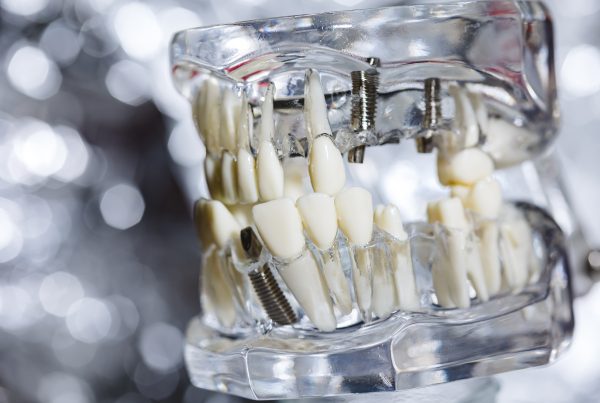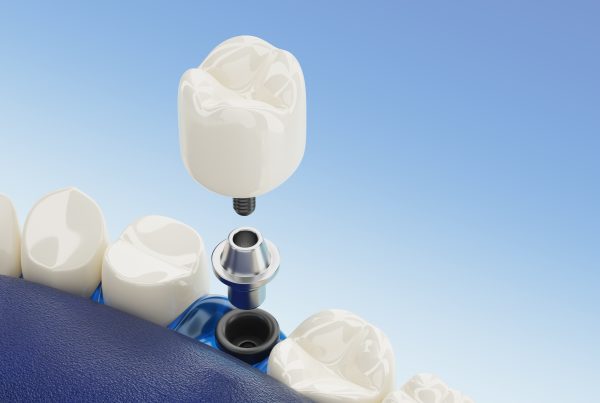Understanding Dental Implant Breakage: What You Need to Know
Dental implants are designed to be durable, long-lasting solutions for missing teeth, but like any medical device, they can experience complications. While implant failure is relatively uncommon, understanding the potential for breakage and the factors that contribute to it can help patients make informed decisions and maintain their oral health effectively.

What Causes Dental Implants to Break?
Dental implant breakage typically occurs due to several factors. Excessive force from teeth grinding or clenching (bruxism) can place undue stress on the implant structure. Poor oral hygiene leading to peri-implantitis, an infection around the implant site, can weaken the surrounding bone and compromise implant stability. Additionally, insufficient bone density at the time of placement, smoking, certain medical conditions like diabetes, and inadequate healing time can all contribute to implant failure or fracture.
Signs Your Dental Implant May Be Compromised
Several warning signs indicate potential implant problems. Pain or discomfort around the implant site, especially when chewing, may signal complications. Loose or wobbly crowns, swelling or bleeding around the implant, and difficulty chewing or biting can all indicate implant issues. Changes in bite alignment or visible gaps between the implant crown and adjacent teeth should prompt immediate dental evaluation. Early detection of these symptoms allows for prompt intervention and potentially salvages the implant.


Preventing Implant Failure and Breakage
Prevention strategies significantly reduce the risk of implant complications. Maintaining excellent oral hygiene through regular brushing, flossing, and professional cleanings is essential. Patients should avoid hard foods that could damage the implant, quit smoking, and wear a night guard if they grind their teeth. Regular dental check-ups allow for early detection of potential problems. Following post-surgical care instructions and allowing adequate healing time after implant placement also contribute to long-term success rates, which exceed 95% when proper care is maintained.



